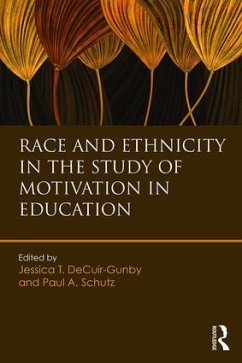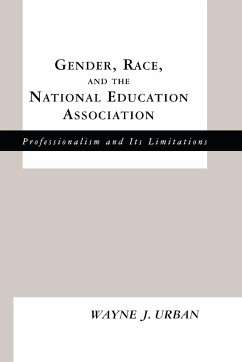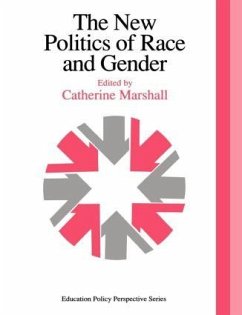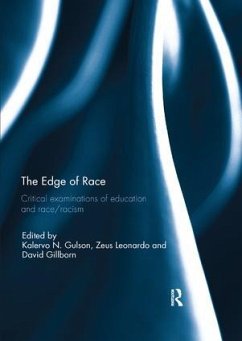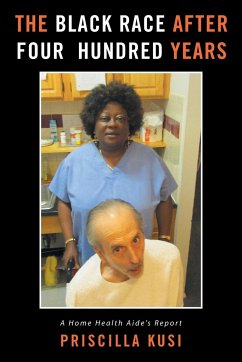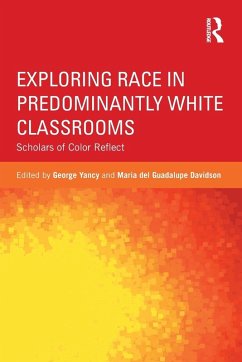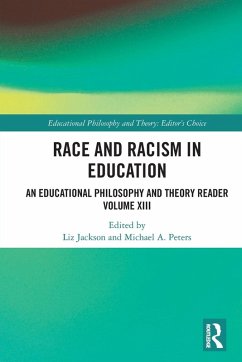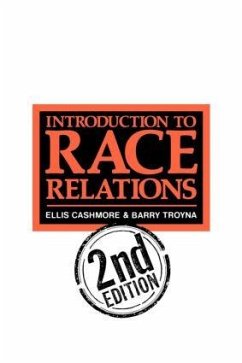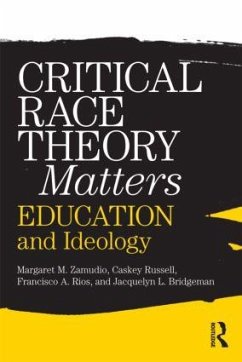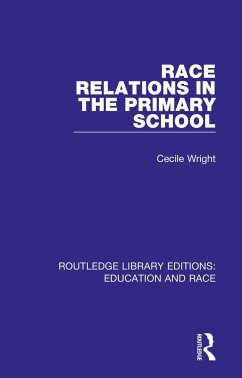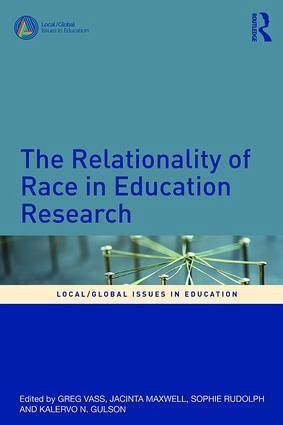
The Relationality of Race in Education Research
Versandkostenfrei!
Versandfertig in 1-2 Wochen
51,99 €
inkl. MwSt.
Weitere Ausgaben:

PAYBACK Punkte
26 °P sammeln!
This edited collection examines the ways in which the local and global are key to understanding race and racism in the intersectional context of contemporary education. Analysing a broad range of examples, it highlights how race and racism is a relational phenomenon, that interconnects local, national and global contexts and ideas. The current educational climate is subject to global influences and the effects of conservative, hyper-nationalist politics and neoliberal economic rationalising in local settings that are creating new formations of race and racism. While focused predominantly on Au...
This edited collection examines the ways in which the local and global are key to understanding race and racism in the intersectional context of contemporary education. Analysing a broad range of examples, it highlights how race and racism is a relational phenomenon, that interconnects local, national and global contexts and ideas. The current educational climate is subject to global influences and the effects of conservative, hyper-nationalist politics and neoliberal economic rationalising in local settings that are creating new formations of race and racism. While focused predominantly on Australia and southern world or settler colonial contexts, the book aims to constructively contribute to broader emerging research and debates about race and education. Through the adoption of a relational framing, it draws the Australian context into the global conversation about race and racism in education in ways that challenge and test current understandings of the operation of race and racism in contemporary social and educational spaces. Importantly, it also pushes debates about race and racism in education and research to the foreground in Australia where such debates are typically dismissed or cursorily engaged. The book will guide readers as they navigate issues of race in education research and practice, and its chapters will serve as provocations designed to assist in critically understanding this challenging field. It reaches beyond education scholarship, as concerns to do with race remain intertwined with wider social justice issues such as access to housing, health, social/economic mobility, and political representation.





